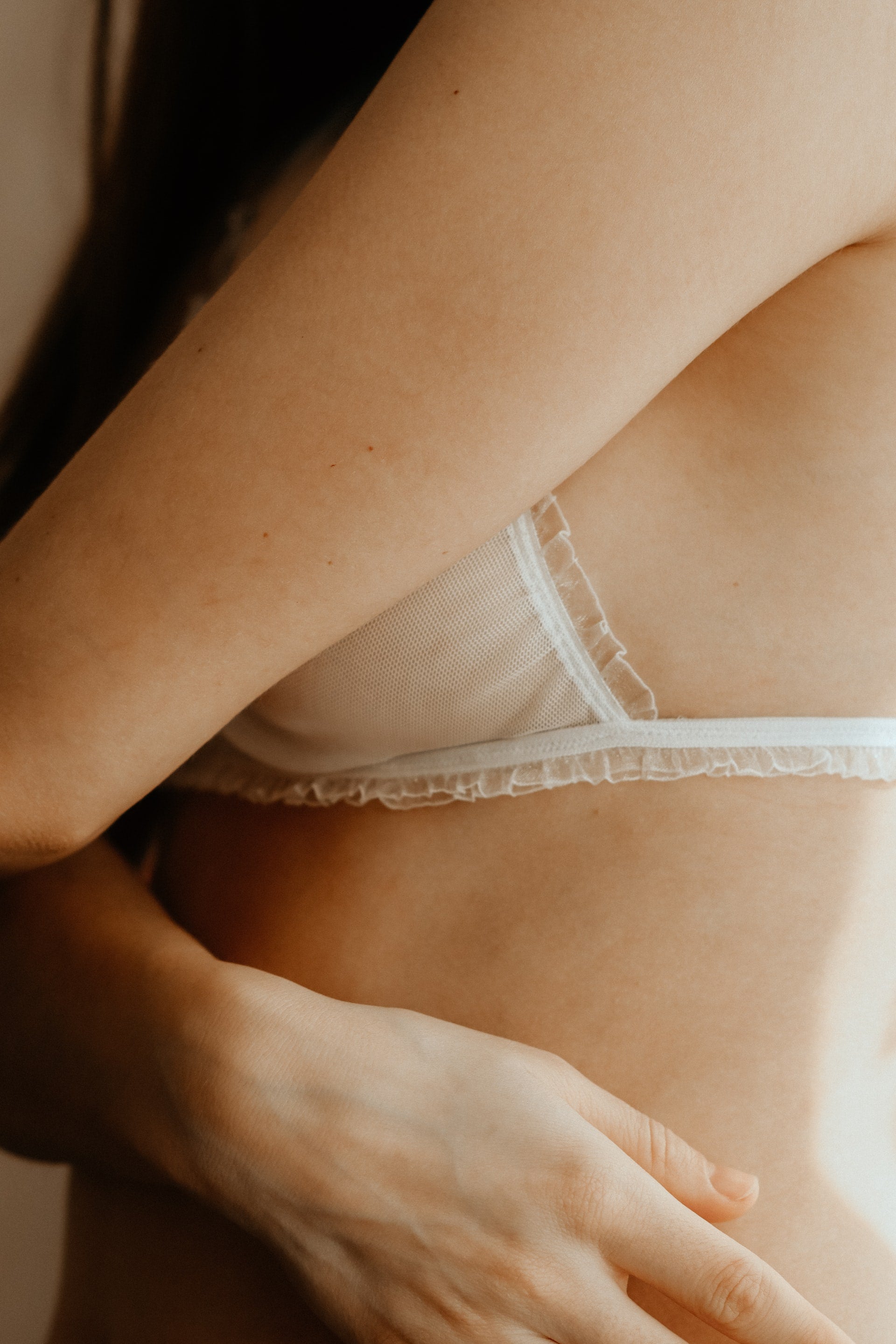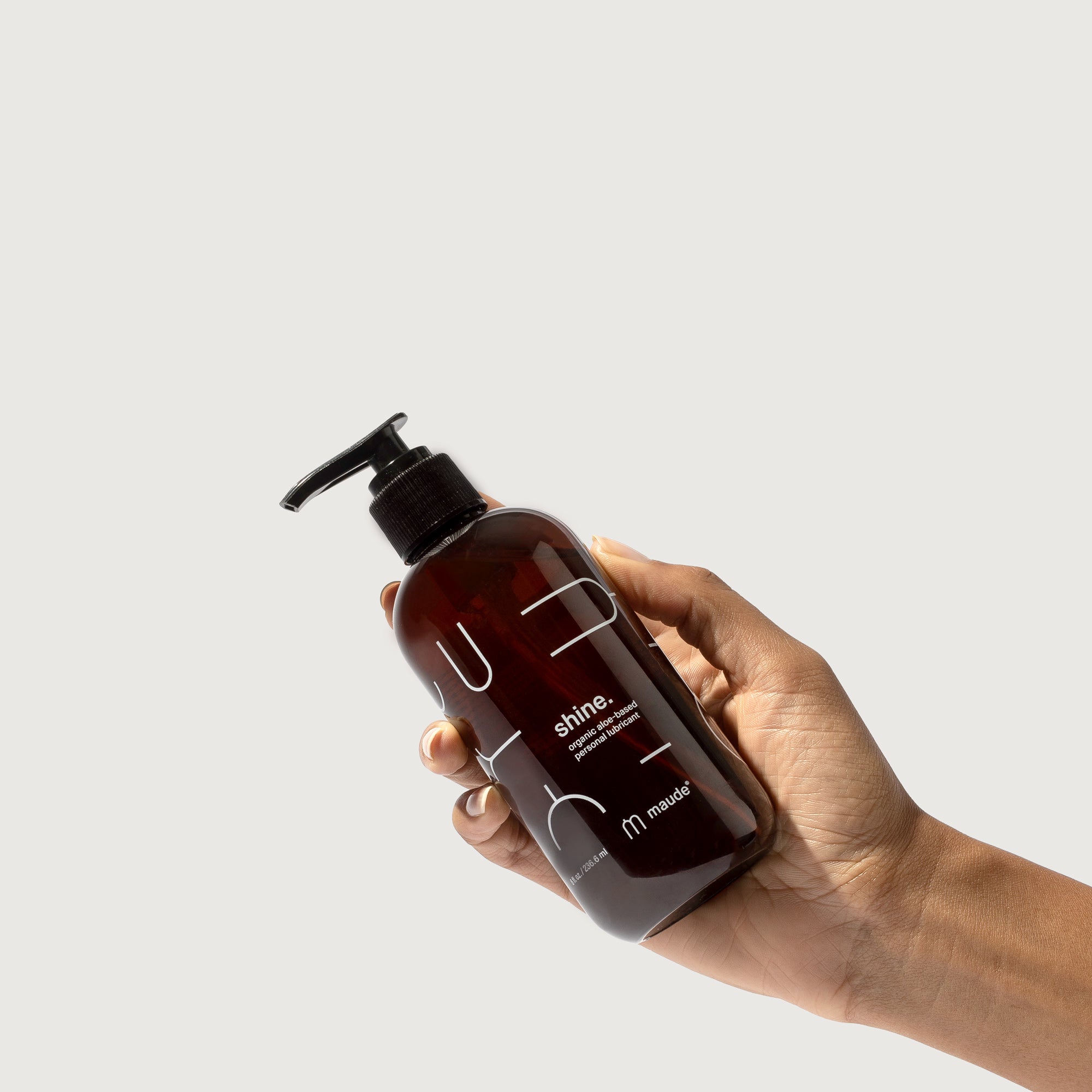Sex Drive After Childbirth explained.

Here’s what you need to know about your postpartum libido.
While celebrating motherhood in all its joyful, exhausting preoccupations, it’s plenty likely that you won’t feel entirely like yourself—and this includes your sex drive.
Don’t panic about decreased libido, though. A lowered sex drive for postpartum women is an entirely normal occurrence. After having a child, your hormones fluctuate, you’re inevitably feeling the pressure of a number of newfound stressors, you’re sleeping less and at irregular hours, and your body has recently undergone several physical changes. So yes, it’s ok to need a little time off in the bedroom.
While you navigate early motherhood, here are a few things you might like to know:
Your hormone levels have shifted dramatically
After delivery, your estrogen and progesterone levels drop significantly, and as a result, your vagina produces less natural lubricant. Plus, breast-feeding decreases estrogen levels even further—which will certainly restrict you from feeling “horny” per se. Knowing that you need not push yourself to get back in the saddle, so to speak, before you feel entirely ready, there are ways of spiking the ‘ol sex drive. Namely, be sure to use lubricant (being that, post-childbirth, most women are uncharacteristically dry), consider adding in a stimulant, then consult your doctor for more personalized solutions.
Also: Know that after 4-6 weeks, hormone levels are said to stabilize—so if you can stick it out, in less than two months, you’ll likely be feeling up to speed in the bedroom.
Your emotional wellbeing plays an important role in your libido
There are a complex series of emotions that accompany giving birth—and everything that comes afterward. Post-natal depression is not uncommon, and can certainly take its toll on your sex drive. In these cases, be sure to contact a doctor immediately to talk through treatment options for your emotional wellbeing. Lack of sleep is a major cause of anxiety—and with a new baby around, it’s highly unlikely that you’re sleeping an altogether lesser amount. And about that new baby: motherhood is rife with stress. You’re likely worrying day in and day out about the wellbeing of your infant. This is normal—and it’s exhausting. In fact, many doctors feel that a decreased post-natal libido has more to do with emotional factors than with physical ones. For the sake of alleviating stress, get help with the baby. Whether that’s allowing your mom, a trusted friend, or a babysitter to take over, a night off from motherhood with your partner can do wonders for emotional distress.
Body image is directly tied to sex drive
Within the realm of mental health, many women also grapple with body image issues as they adjust to the significant physical changes they’ve just recently undergone. It’s standard to feel a form of dissociation with your body while you adjust to weight gain, stretch marks, increased breast size, and for many women, C-section scars. It’s important to communicate with your partner about this — but more so, it’s important that you devote some time getting comfortable in your postpartum body.


